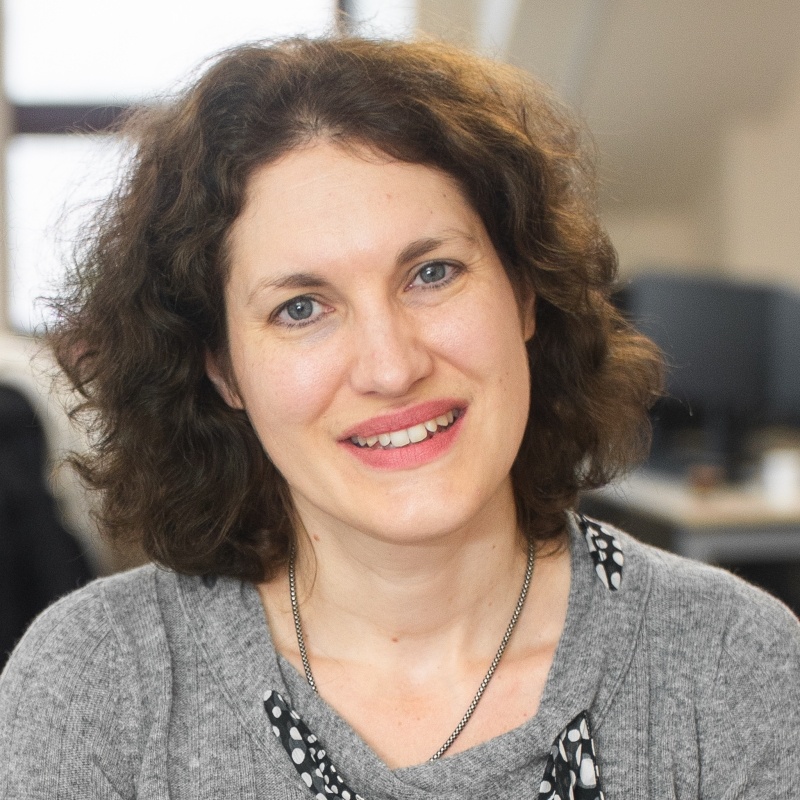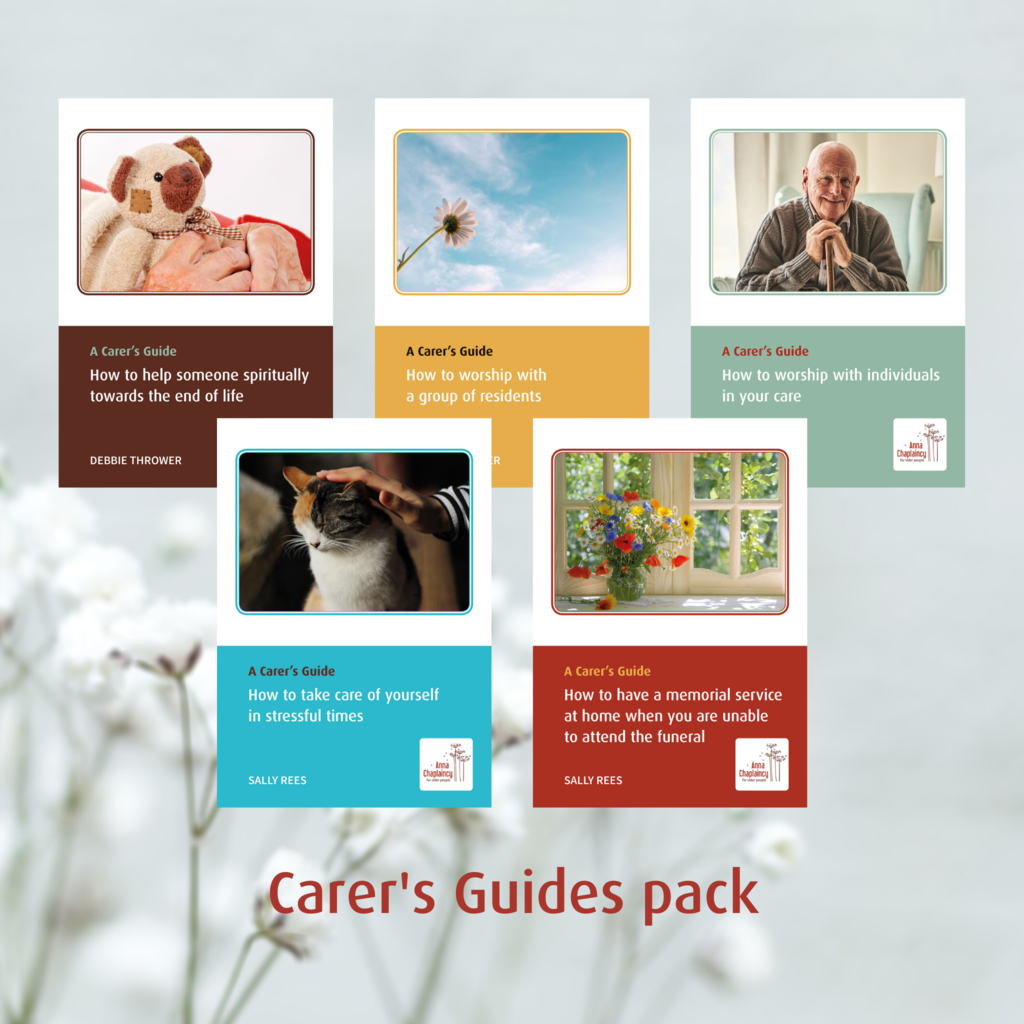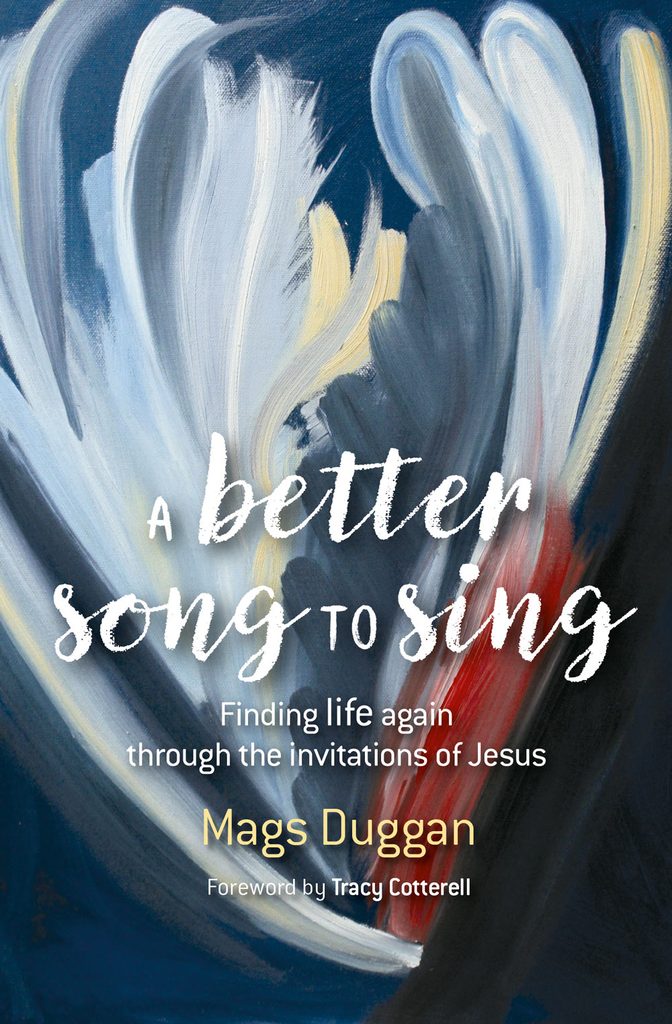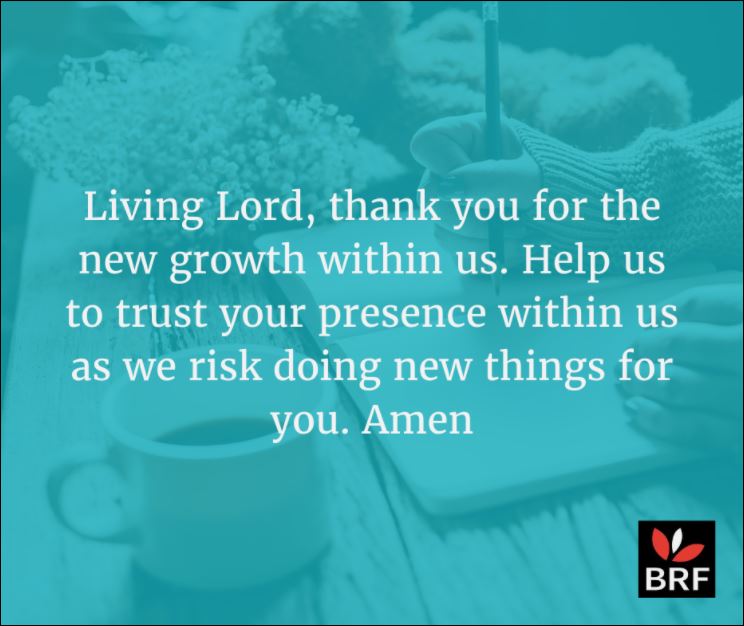In this fourth and final article in our ‘Living Well’ series, BRF’s Head of Content Creation, Olivia Warburton, considers the blessings and challenges of a year of doing things differently.
‘He has shown you, O mortal, what is good.
Micah 6:8 (NIV)
And what does the Lord require of you?
To act justly and to love mercy
and to walk humbly with your God.’
All change!
Let’s state the obvious: in 2020, so much is different.
How we work, or don’t work; how and when we shop; where or whether we travel; how we pursue activities and interests; how we ‘do church’; our opportunities for spending time with loved ones – more intense contact within households, but real challenges meeting up with friends and family elsewhere. We even have a different vocabulary: ‘social distancing’, ‘second spike’, ‘zooming’. The weather itself has been different from previous years. Like the word ‘inconceivable’ in the film The Princess Bride (‘You know that word? I don’t think it means what you think it means’), the word ‘unprecedented’ has been almost comically overused.
Obvious differences: the good, the bad… and the somewhere-in-between
Many of these differences we ‘appreciate’ only in the sense of being aware of them. We do not appreciate them in the sense of enjoying them. They have been negative, unwelcome. Some differences are possible to get used to – queueing to get into a shop, wearing a face mask, saying goodbye with a ‘virtual hug’ – although we’d still rather not. Others have been traumatic – long-held plans and dreams postponed or cancelled. Still more have been devastating – being unable to see or say goodbye to loved ones who are ill, or becoming ill oneself.
Other differences may have brought unexpected blessings. The daily walk around the neighbourhood; a renewed sense of local community; innumerable acts of kindness and generosity; simpler, less stressful routines. We’ve learned to appreciate these in the most positive sense of the word. We’ve celebrated the NHS and all our frontline workers. Although high temperatures brought challenges for many, the good weather made other things easier – getting out for fresh air; queuing outside shops without standing in a downpour; minimal heating and lighting costs.
Some of us may have been working flat out, with new pressures, challenges and anxieties and little time to reflect. But even amid the busyness I’ve found there has been less clutter in my life, and somehow it’s been easier to identify what’s really important – whether that’s just getting through each day, investing in relationships in new ways, even when physically distanced, or noticing what has changed in our lives and what we might want to retain or develop in the coming months.
A different perspective
‘So do not worry, saying, “What shall we eat?” or “What shall we drink?” or “What shall we wear?”… But seek first his kingdom and his righteousness, and all these things will be given to you as well.’
Matthew 6:31–33 (NIV)
Covid-19 inevitably focuses us in on ourselves. What does it mean for me and those I love? How am I impacted? How can I protect myself? Questions of what we eat and what we wear were entirely legitimate in the earliest days of lockdown as we tried to work out, in the face of shortages, exactly how much would be ‘enough’. But Jesus’ words challenge us to look wider; and pandemic life has certainly brought us face to face with the far bigger question of what kind of world we really want to live in.
Propelled into new ways of interacting with each other and our surroundings, we’ve been confronted with the questions we should have been asking all along – or did ask, but not persistently enough. The things that are bad and wrong stand out all the more sharply.
Early on in the pandemic, the avoidably high numbers of deaths in care homes forced us to lament the vulnerability of the elderly. And it poses a question to us: how can we best love and support individuals we know, and also show that we value care home residents and staff alike across our land through doing whatever we can to promote systemic change?
We’ve seen more clearly the extent of isolation, loneliness and mental health issues in our society. What does this mean for our communities as we go forward? How should our churches respond? What needs are not being met by the church in its present forms?
The death of George Floyd in the US fuelled the global spread of Black Lives Matter. We’re decades further on from the segregated societies described in books such as To Kill a Mockingbird and The Help, and yet so little seems to have changed.
Across the board, the pandemic is hitting the poor and the marginalised hardest. Students who were already disadvantaged have struggled the most to access education over the past months, with exam grading also rife with controversy.
And then there’s our responsibility to be good stewards of our world. As Martyn Payne wrote in the first article in this series, reduced traffic, litter and air pollution during lockdown was hugely beneficial to wildlife and the environment – and we noticed it and were thankful. Now we have a choice. Do we adopt a fatalistic attitude: it was lovely while it lasted, but not really sustainable; we need to get back to ‘real life’ now, get back on the roads? Will the green agenda be forgotten in the urge to build and kickstart the economy again, or is this a moment of real opportunity?
Making a difference
Jesus calls us to make a difference. But in all of this we need to bear in mind Paul’s warning to
‘build with care. For no one can lay any foundation other than the one already laid, which is Jesus Christ. If anyone builds on this foundation using gold, silver, costly stones, wood, hay or straw, their work will be shown for what it is, because the Day will bring it to light.’
1 Corinthians 3:10–13 (NIV)
In our desire to create a more just society, in our concern for lasting change, let us pray that we may ‘love mercy and walk humbly’, building firmly on Christ, our cornerstone.
Pray with us
Lord of all life and love,
walk with us throughout our pilgrimage on earth,
teaching us daily
how to bless others through service,
how to find strength in weakness,
how to experience growth by letting go,
for your name’s sake.
Amen


Anna Chaplaincy: A Carer’s Guide
How do we look after ourselves and others better in the wake of a health crisis such as Covid-19? Find practical help and guidance for carers providing spiritual support to older people or others in residential care. Gain the confidence and skills to enable those in your care not only to cope emotionally and spiritually but even to thrive, despite challenging circumstances.

A Better Song to Sing
Mags Duggan’s new book is for sincere followers of Jesus are secretly disappointed, dissatisfied and quietly desperate for more than they are currently experiencing. Find comfort and the ‘more’ you’re searching for in the invitations of Jesus, which hold out to us the hope of dynamic change, of a truly vibrant, transformed life – a better song to sing.

Enjoy regular prayers, reflections and news on BRF’s Facebook page
